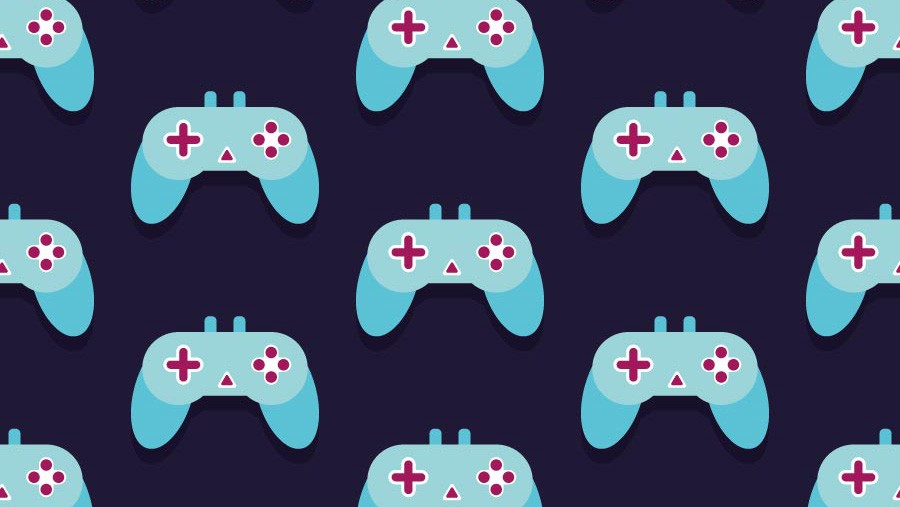Picture an item of furniture. Was it a table, a chair, or a wardrobe? Our ideas of furniture are not oriented around what it does, or even its essential nature, but rather around all the common examples we see around us and the cognitive web of interrelations that builds in our head.
This fictional furniture is just an analogy. Supervised by Prof. Gordon Calleja, I investigated how language affects our preconceptions of what games are and what they should do. Our ideas about games are not related to their potential or their openness but to constructions in our mind.

My research was mostly within the philosophy of language. I explored how our ideas of what a thing is are not grounded in what it does or is, but around a cognitive image, created by what we often see and label it as.
My research was mostly theoretical. It showed how other game researchers might have been misguided or had counter-intuitive results. Their research tried to define what games are and did not realise that this went against how we used the word ‘games’, i.e. as a container for all the things we collectively consider game-like.
That said, I also had the opportunity to test-drive this work in a game I am currently developing with Dr Stefano Gualeni, which analyses what the word soup means.
Apart from answering the long-standing question of what a game actually is, this research also shows how games would benefit from being more inclusive and experimental. By creating these types of games, we can attract people whose cognitive model of a game is different from the norm. Similarly, by designing games that are more open, we can stretch the web of interconnections in people’s minds, potentially showing how games are more akin to life than we realise.
Are you ready to play?
This research was carried out as part of the Masters in Digital Games, carried out by the Institute of Digital Games at the University of Malta.





Comments are closed for this article!